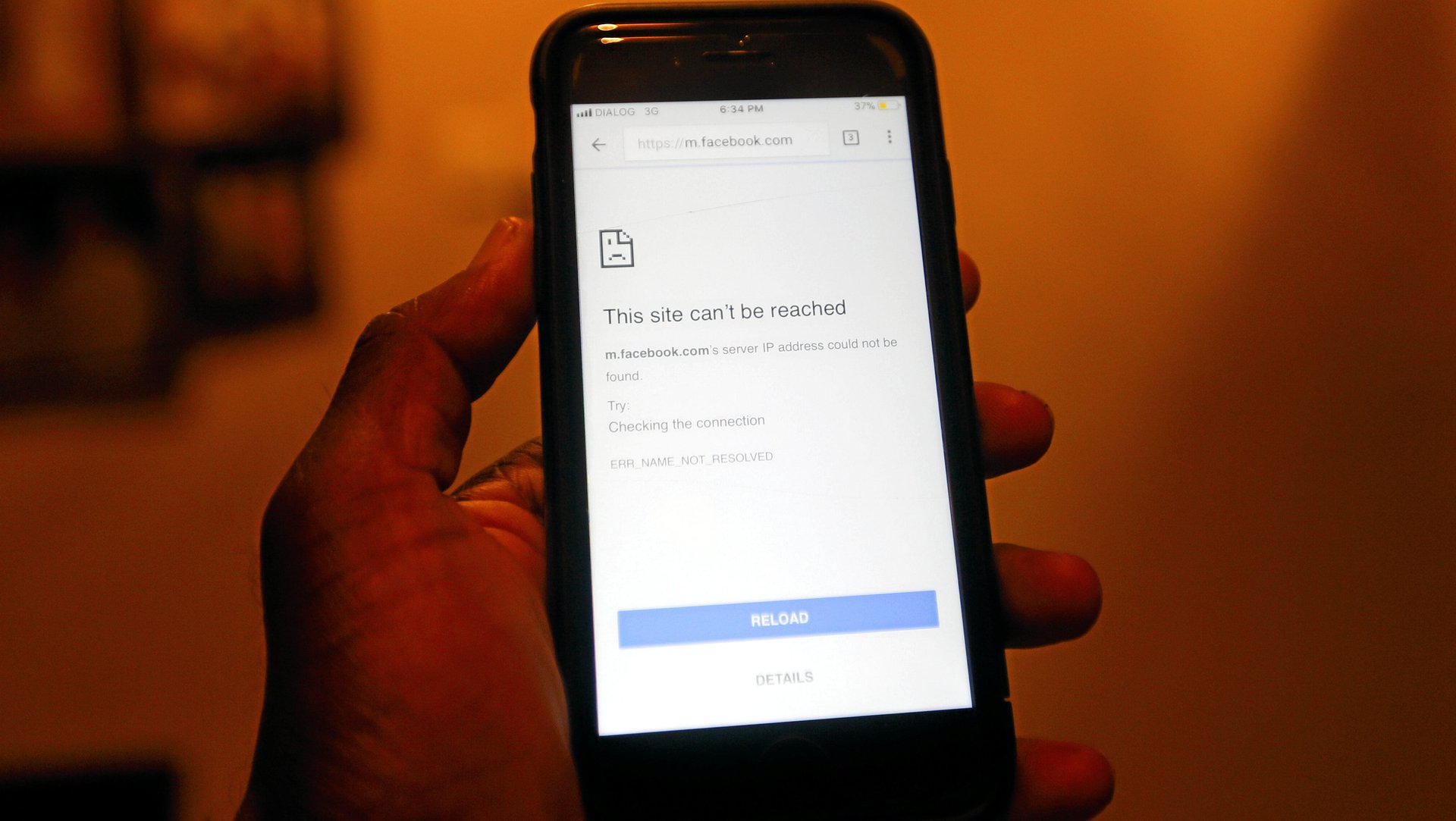Sri Lanka shut down Facebook, WhatsApp, and Instagram to stop anti-Muslim violence
The government of Sri Lanka has shut down Facebook, WhatsApp, Instagram, and Viber in an attempt to quell ethnic strife in the country. Authorities say people were using the social media platforms to stoke violence against Sri Lanka’s Muslim minority.


The government of Sri Lanka has shut down Facebook, WhatsApp, Instagram, and Viber in an attempt to quell ethnic strife in the country. Authorities say people were using the social media platforms to stoke violence against Sri Lanka’s Muslim minority.
The violence follows decades of civil war in the country, and stems from current tensions between the Sinhalese Buddhist majority and Muslim minority. The government has declared a state of emergency after riots in the district of Kandy have left two dead, and property destroyed. The suspension is supposed to be temporary, officials have said, and comes after some were using WhatsApp to coordinate attacks against Muslims, the AFP reported.
Social media platforms, particularly Facebook, are struggling with the line between fighting hate speech and censorship on their platforms. Facebook is frequently criticized for its uneven response to violence on its sites, and has played an important role in the deadly strife in Myanmar—although in that case, governmental officials are among those using it to fuel the conflict.
When governments suppress social media platforms—as has happened repeatedly in various African states last year—the immediate worry is that it’s an attack on free speech and political opposition. The situation is perhaps different in Sri Lanka, where the current violence is less about political protest. Critics blame the authorities, rather than the tech companies involved:
“We have clear rules against hate speech and incitement to violence and work hard to keep it off our platform,” a Facebook spokesperson said in a statement. “We are responding to the situation in Sri Lanka and are in contact with the government and non-governmental organizations to support efforts to identify and remove such content.”